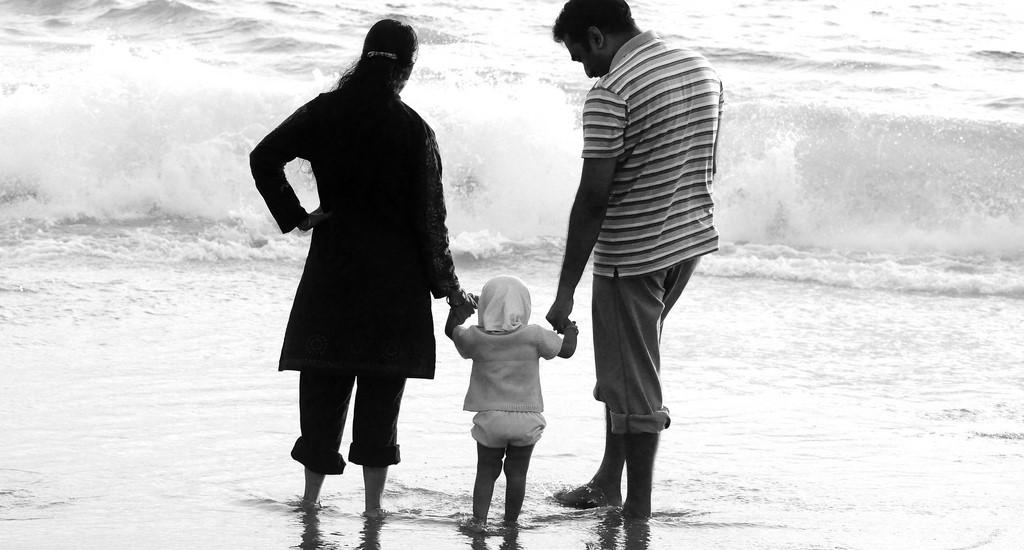Experience You Can Trust When Your Family Needs It Most
9 Common Mistakes Made By Divorced Parents While Raising Their Children

Children are often the ones that are hardest hit when parents go through a dissolution of marriage. While there are countless numbers of books about how to raise children in a typical marriage, the amount of information on raising children when parents are divorced is a little more difficult to find (even though 50% of marriages end in divorce). It is always a good idea for parents to be educated as much as possible to ensure that they create a good environment for their kids and know how to handle their kids as best as possible.
When clients come to Vilar Law to begin their divorce proceedings, we make it one of our priorities to inform parents on how to be sensitive to their children during a time that can put a lot of stress on parents.
The following comes from one of the pamphlets we give our clients. This pamphlet, along with several others, are part of the education we try to impart on our clients so that they will be able to continue to provide a loving household to their children as they go through the steps to end their marriage.
9 Common Mistakes Made By Divorced Parents While Raising Their Children:
- Make the child give money or messages from one parent to another and putting the child in the middle of the litigation or of an argument between the parties. The child should be insulated from the litigation at all costs.
- Ask the child to hide something from the other parent and in effect teaching them to lie.
- Interrogate the child about what is happening in the home of the other parent and therefore turning the child into becoming a spy and into gossiping.
- You should not say nasty things about the other parent to the child or in the presence of them.
- Treat Matters involving parents in exchange for visits. Those moments are extremely tense for many, sometimes this causes the child to feel like they are living in the air. Time-sharing should not be bartered in exchange for something else, not even child support. Whether or not child support is being paid or is up to date has nothing to do with continuing a time-sharing schedule because it is in the child’s best interest to have quality time with both his or her parents.
- Show a long sad face when the child goes from one parent to another, thus teaching the child to be unfair or be concerned that he or she is hurting the parent’s feeling by spending time with the other parent.
- Tell the child who wants a new toy or want to do something that costs money and then tell him or her : “Ask your father because he does not pay me enough child support” or ” Ask him to your mother because I give enough money for child support and she waste it”. Children should not hear any information relating to a parent’s financial situation, including payment or non-payment of child support.
- Ask the child directly or subtly, “which of the two parents you really want to live with?”, Thereby putting emotional weight on child. A child should not feel like she or he is being put in the middle or asked to take sides between the parents. Also, children should not be in charge of making such an important decision.
- Allow the child to take possession of the situation whenever he or she so desires. Children understand more than the parents’ think they do and they will try to manipulate the situation to get his or her way. That is why parents need to use their best efforts to get along and present a united front so the child knows they will not be able to manipulate either parent.
Article updated October 26, 2020.










